Summaries of books about Politics & Social Sciences:
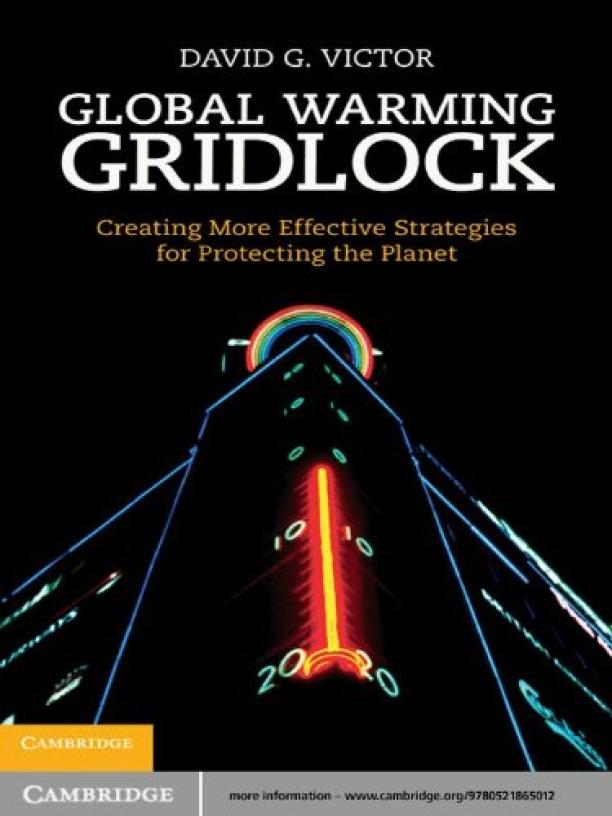
Global Warming Gridlock
Creating More Effective Strategies for Protecting the Planet
David G. Victor
The book analyzes the failure of traditional diplomatic approaches to address global climate change and suggests a new strategy focused on coordinated national policies and smaller-scale international agreements. It emphasizes the importance of practical solutions that can be implemented effectively and the importance of engaging major emitters in a more flexible, politically realistic framework.
See full summary
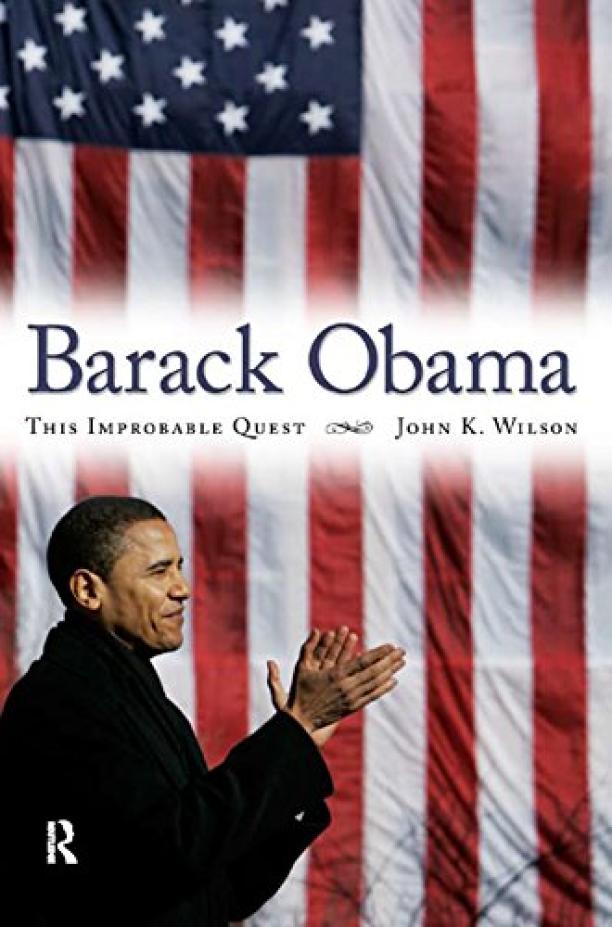
Barack Obama
This Improbable Quest
John K. Wilson
The book provides an in-depth analysis of Barack Obama's 2008 presidential campaign, examining his political strategies, speeches, and the significance of his bid for the presidency as an African American candidate. It explores the challenges he faced, the historical context of his candidacy, and the factors that contributed to his rise in American politics.
See full summary
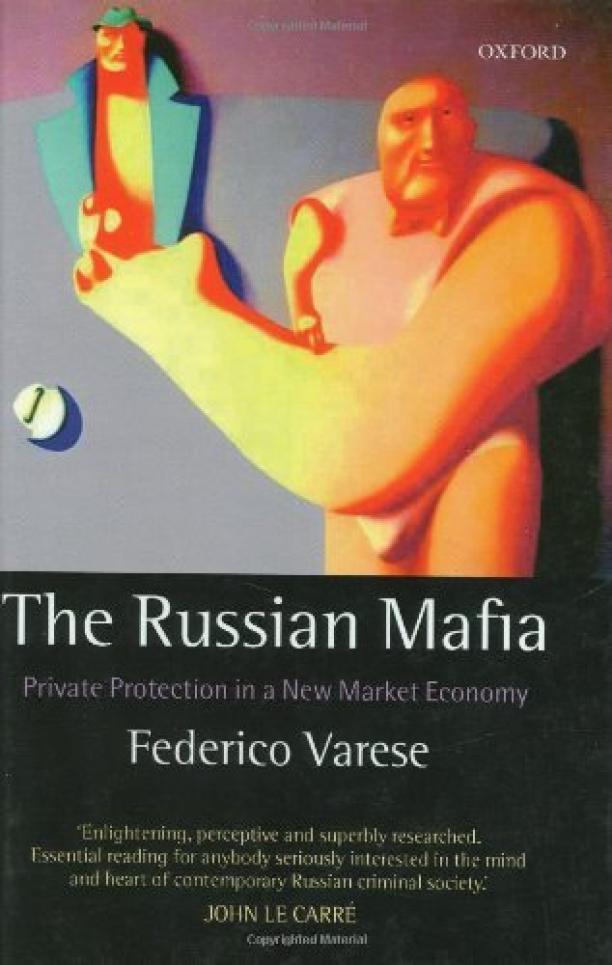
The Russian Mafia
Private Protection in a New Market Economy
Federico Varese
The book delves into the emergence of the Russian Mafia during the transition from a planned to a market economy, examining how they offer protection to businesses in the absence of a reliable state legal system. It explores the structure, operations, and influence of these criminal organizations within the new economic landscape of post-Soviet Russia.
See full summary
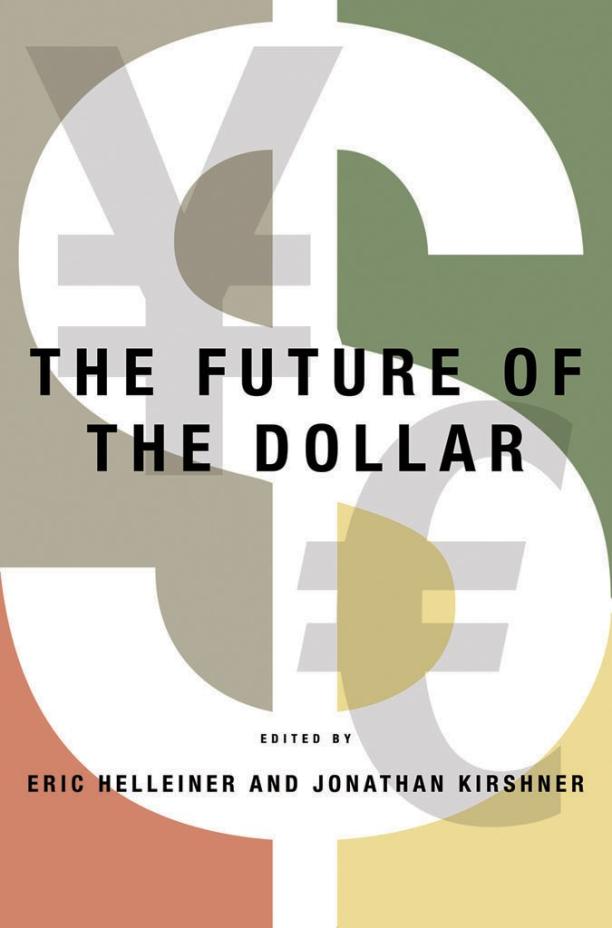
The Future of the Dollar
Eric Helleiner, Jonathan Kirshner
The book examines the historical resilience of the US dollar's international dominance and explores potential challenges to its status, considering economic, political, and technological factors that could shape the future of global currency dynamics. It provides a comprehensive analysis of the dollar's role in the world economy and assesses scenarios that might lead to shifts in the international monetary system.
See full summary
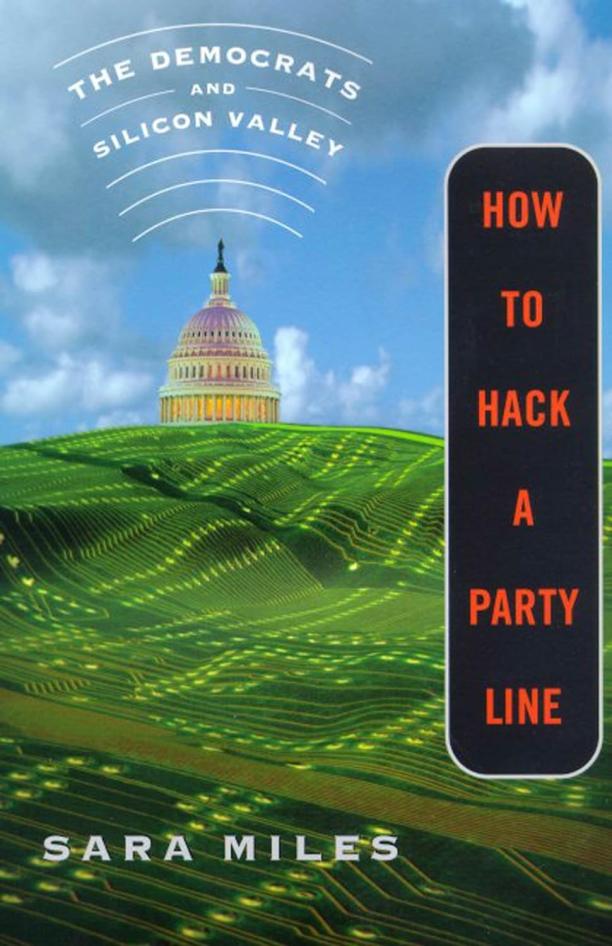
How to Hack a Party Line
The Democrats and Silicon Valley
Sara Miles
The book delves into the relationship between the Democratic Party and the burgeoning tech industry in Silicon Valley during the late 1990s, exploring how politicians courted tech executives for campaign contributions while grappling with the implications of the digital revolution on society and the economy. It examines the intersection of politics, money, and technology, revealing the mutual influence and shared interests between these two powerful entities.
See full summary
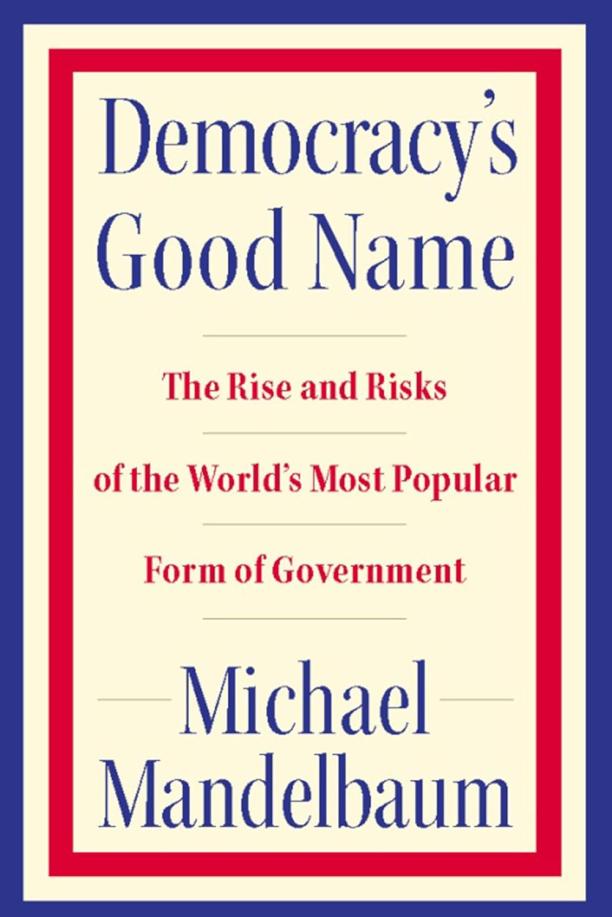
Democracy's Good Name
The Rise and Risks of the World's Most Popular Form of Government
Michael Mandelbaum
The book explores the historical evolution and global spread of democracy, examining its appeal and the challenges it faces. It delves into the principles that underpin democratic systems, the factors contributing to their success, and the potential threats that could undermine their stability and growth.
See full summary

Does Torture Work?
John W. Schiemann
The book critically examines the effectiveness of torture in extracting reliable information, using game theory and empirical evidence to challenge the assumption that torture is a useful interrogation tool. It delves into the moral, legal, and practical aspects of torture, ultimately questioning its justification and efficacy in intelligence gathering.
See full summary
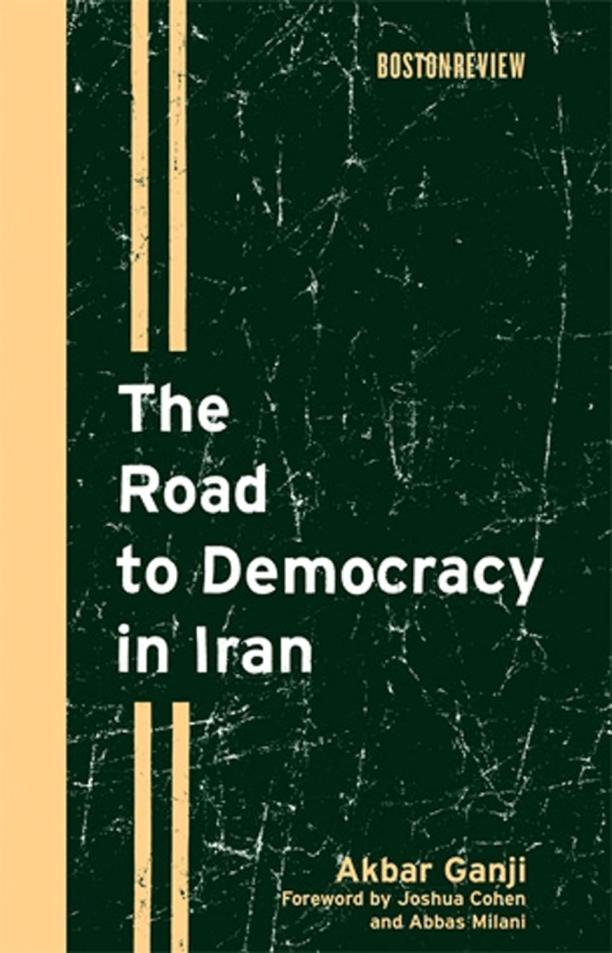
The Road to Democracy in Iran
Akbar Ganji
The book presents a critical examination of the political structure in Iran, advocating for a secular democracy and human rights while critiquing the country's theocratic regime. It outlines the author's vision for peaceful reform through intellectual discourse and civil disobedience, rather than violent revolution.
See full summary
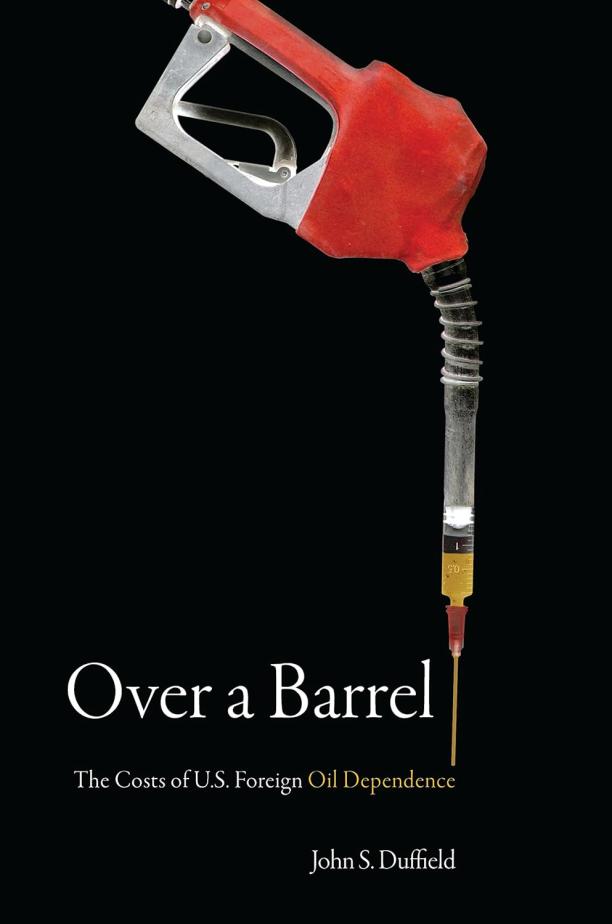
Over a Barrel
The Costs of U.S. Foreign Oil Dependence
John S. Duffield
The book examines the economic, political, and strategic costs of America's reliance on foreign oil, analyzing how this dependence affects national security and foreign policy. It also explores the implications for the U.S. economy and the environment, and discusses potential strategies for reducing the nation's vulnerability to volatile global oil markets.
See full summary
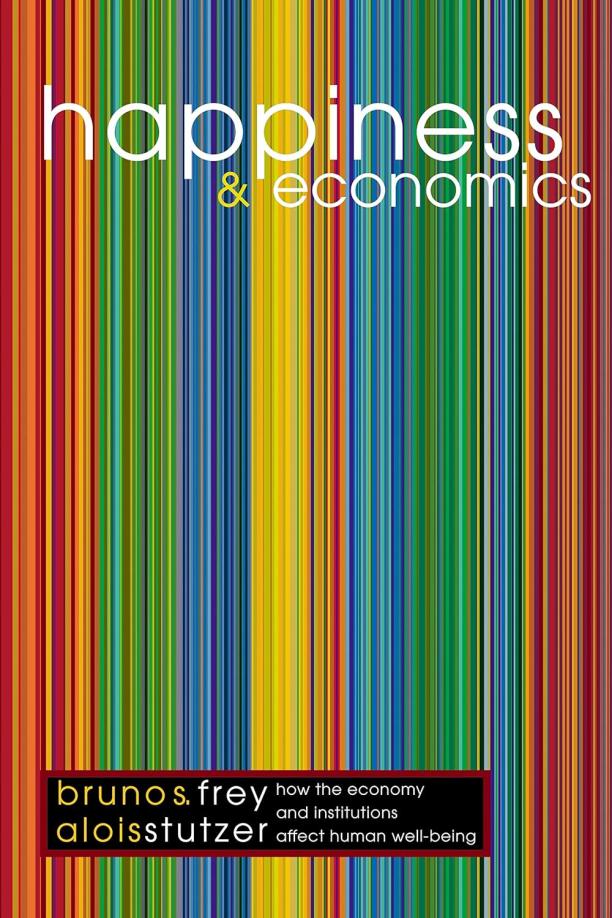
Happiness and Economics
How the Economy and Institutions Affect Human Well-Being
Bruno S. Frey|Alois Stutzer
The book explores the relationship between economic factors and individual happiness, analyzing how economic policies, market functioning, and institutional frameworks influence people's well-being. It employs empirical evidence and economic theory to suggest that beyond a certain point, increases in income have a diminishing effect on happiness, and it emphasizes the role of non-material values and social capital in contributing to a fulfilling life.
See full summary